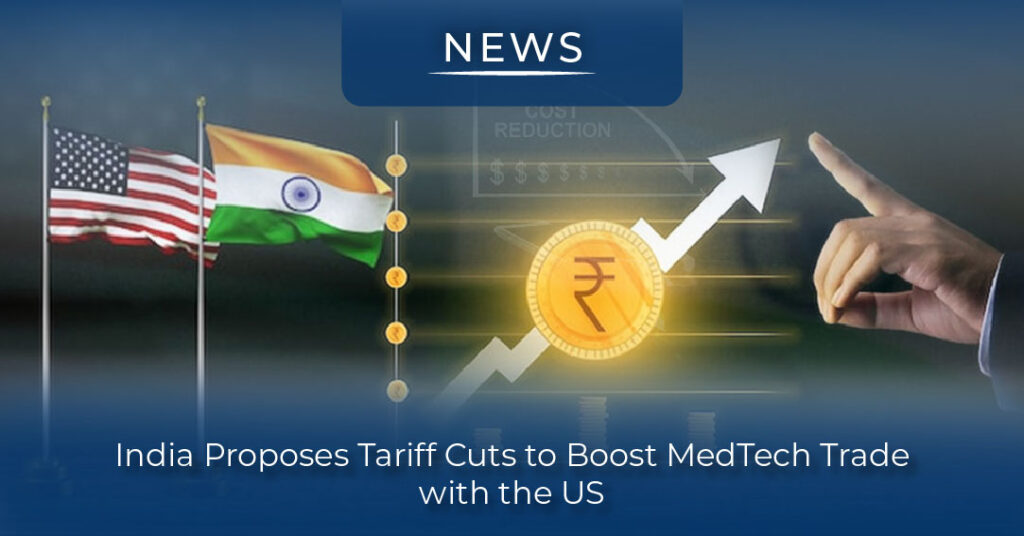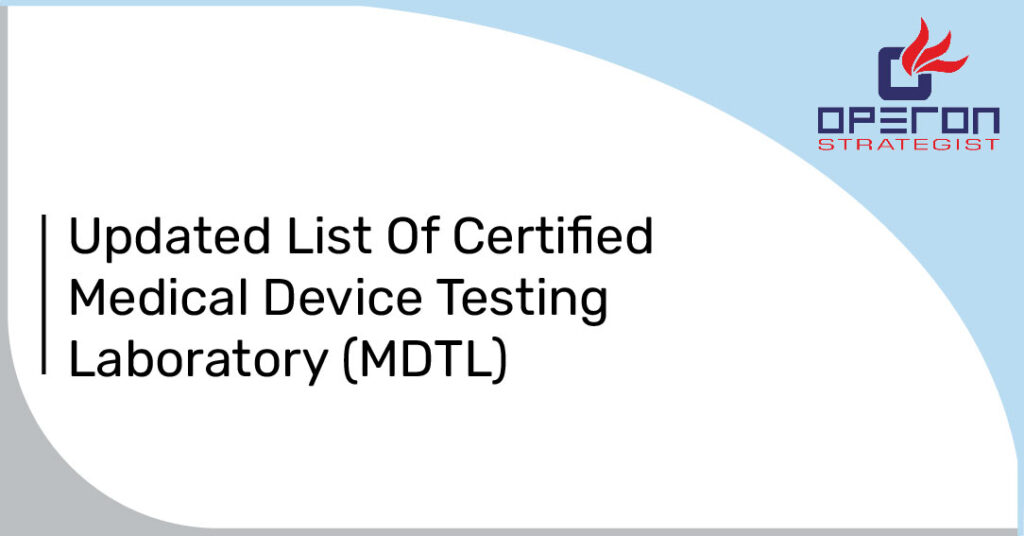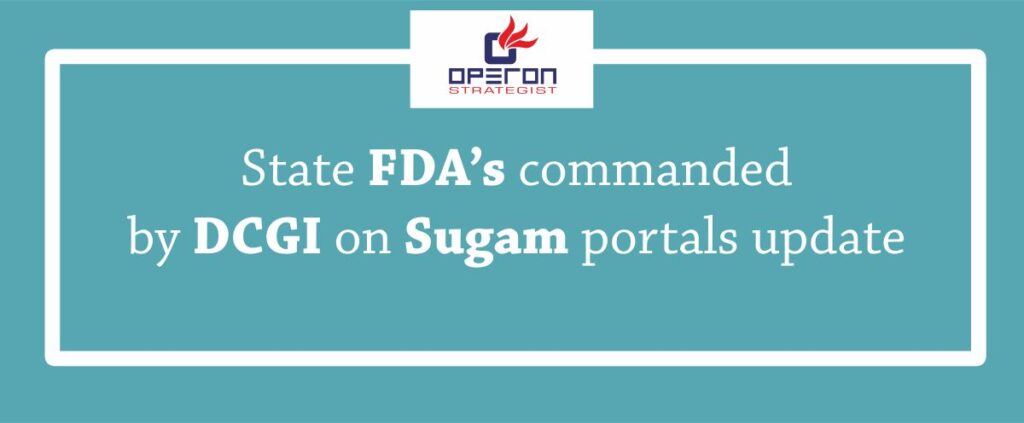India’s Bold Move to Deepen Trade Ties with the US
In a significant move to boost global trade relations, India has proposed reducing its average tariff gap with the United States from nearly 13% to below 4%. This strategic offer is aimed at securing exemptions from current and potential tariff hikes imposed by the US, paving the way for a potentially transformative trade agreement.
A New Chapter in India–US MedTech Trade
The United States is India’s largest trading partner, with total bilateral trade reaching $129 billion in 2024. India currently enjoys a trade surplus of $45.7 billion with the US.
Looking For a Medical Device Regulatory Consultant?
Let’s have a word about your next project
The tariff proposal marks a major shift in India’s trade policy and aligns with recent developments, including the US-UK trade agreement which eased tariffs on American goods while maintaining a 10% base tariff on British exports.
The US had recently paused planned reciprocal tariffs—including a 26% levy on Indian goods—for 90 days to facilitate negotiations. A base tariff of 10% remains in place during this window.
India’s Comprehensive Trade Proposal
India is willing to eliminate duties on 60% of tariff lines in the first phase of the agreement. In addition, nearly 90% of US goods could receive preferential access to the Indian market, with reduced tariffs on key American exports.
In exchange, India seeks improved market access for its products across critical sectors including:
- Gems and jewellery
- Leather and textiles
- Plastics and chemicals
- Oilseeds, shrimp, and marine exports
- Horticultural produce like bananas and grapes
To sweeten the deal, India is also offering to relax export regulations on high-value US imports such as:
- Aircraft and aviation parts
- Luxury and electric vehicles
- Telecom and medical equipment
- Hydrocarbons, wines, whiskey
- Select fruits, chemicals, and animal feed
Pushing for Strategic Tech Collaboration
Beyond trade in goods, India is also advocating for equal treatment with America’s top allies—such as the UK, Australia, and Japan—in strategic sectors. These include:
- Artificial Intelligence (AI)
- Biotechnology and pharmaceuticals
- Semiconductors and telecom technology
India’s pitch underscores its ambition to be recognized as a key partner in critical technology value chains, although US export restrictions have historically posed hurdles.
Get Expert Guidance Now
Operon Strategist – Empowering Global MedTech Compliance
As India and the US move toward a landmark trade deal, companies like Operon Strategist are helping bridge the regulatory and compliance gap for medical device manufacturers looking to expand globally.
With over a decade of experience, Operon Strategist has supported more than 1,000 companies across 32 countries in achieving regulatory clearances and global certifications. Their end-to-end consulting solutions are tailored to help medical device manufacturers navigate complex international standards and bring products to market faster.
Operon Strategist’s core services include:
- Regulatory approvals such as FDA 510(k), CE Marking, and CDSCO registration
- Implementation of quality management systems like ISO 13485 and MDSAP
- Turnkey project consultancy for setting up compliant manufacturing units
- Product feasibility studies and technical documentation support
By aligning with evolving global trade policies, Operon Strategist continues to empower businesses with the regulatory clarity and strategic insights they need to thrive in international markets.




